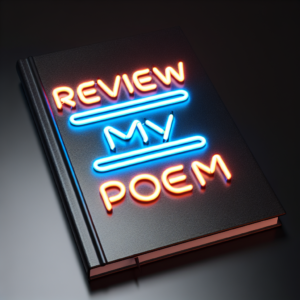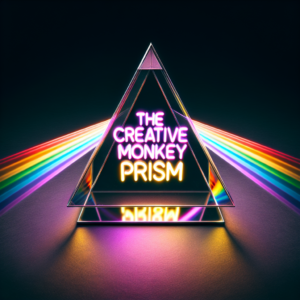TikTok, a short-form video platform, is both entertaining and addictive. However, the way it influences our minds and behaviours is definitely worth considering.
Here are ten insights we can draw from the influence of TikTok on our brains:
- Instant Gratification: TikTok videos are short, providing instant entertainment and gratification which reinforces continual app usage.
- Dopamine Release: The continual influx of new content can release dopamine, a “feel-good” neurotransmitter, which can make the app highly addictive.
- FOMO: The Fear Of Missing Out on viral trends or popular content can lead to excessive use.
- Decreased Attention Span: The quick succession of videos can contribute to a reduced attention span over time.
- Comparison Culture: Seeing other users’ seemingly perfect lives can lead to feelings of inadequacy and a constant desire to compare oneself to others.
- Learning Capacity: On the positive side, TikTok can be a great educational tool with informative videos on a variety of subjects.
- Creativity: The platform encourages creativity, as users are often inspired to create unique content.
- Community: TikTok can foster a sense of community, as users engage with each other’s content and form virtual connections.
- Social Awareness: Viral videos often touch on social, political, and environmental issues, raising awareness amongst viewers.
- Mental Health Impact: Like many social media platforms, excessive use of TikTok can lead to issues such as anxiety, depression, and reduced self-esteem.
QR Poet Summary
Today, be aware of how you use and engage with TikTok. Understand its potential impacts on your brain and mind. It’s all about balance: while it can be a source of enjoyment, creativity and learning, be sure to take regular breaks to avoid negative impacts. Remember, it’s also perfectly okay to disconnect and give your mind a rest.










